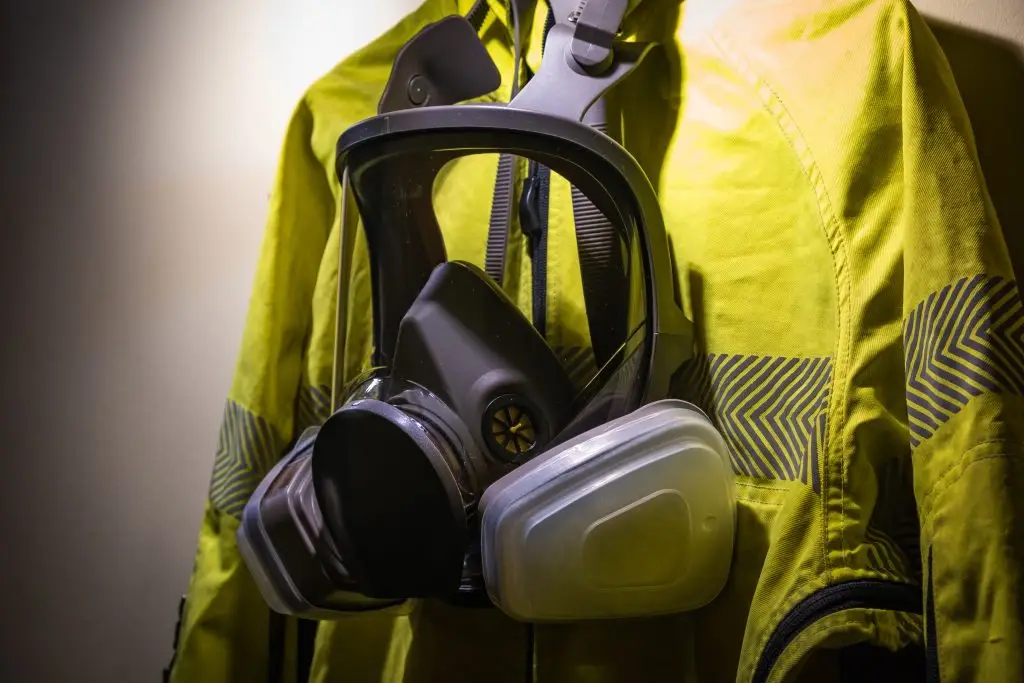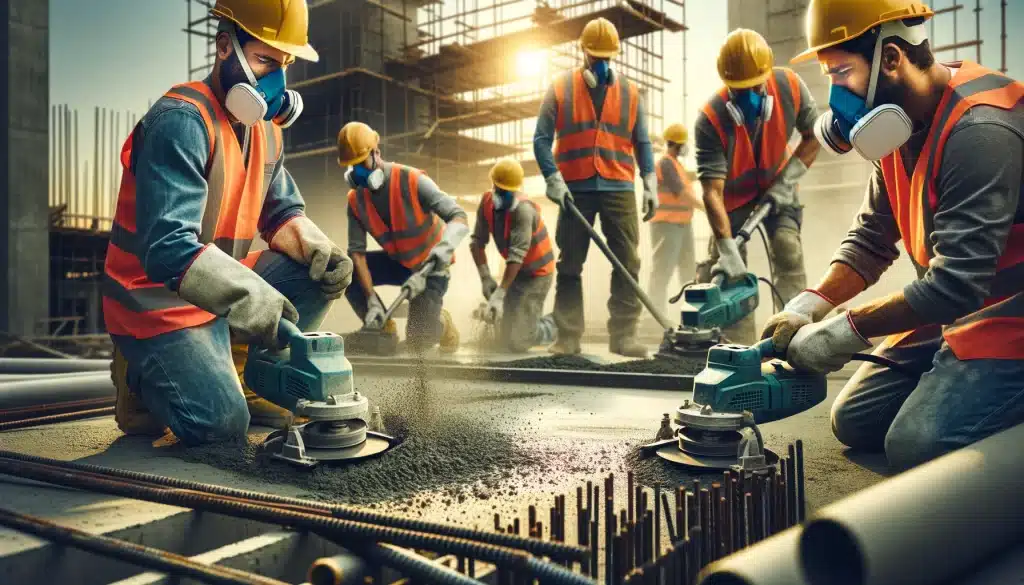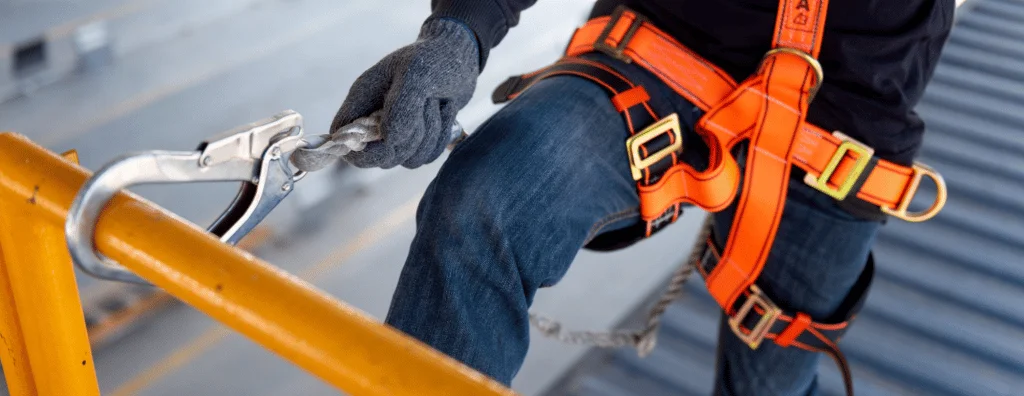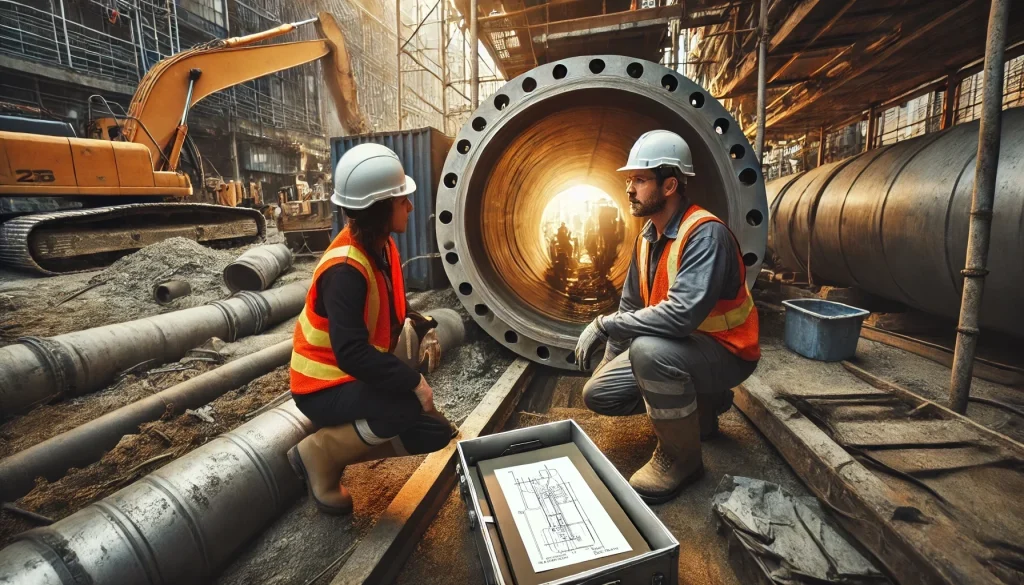Mental Health in High-Risk Workplaces: Why It Matters
When it comes to workplace safety, most people focus on physical hazards like falls, machinery, or electrical risks. However, mental health in high-risk workplaces is just as critical. For construction workers, stress, burnout, and emotional fatigue can directly impact safety, productivity, and long-term well-being. Supporting mental health is no longer optional—it’s an essential part of maintaining a safe and efficient workforce.
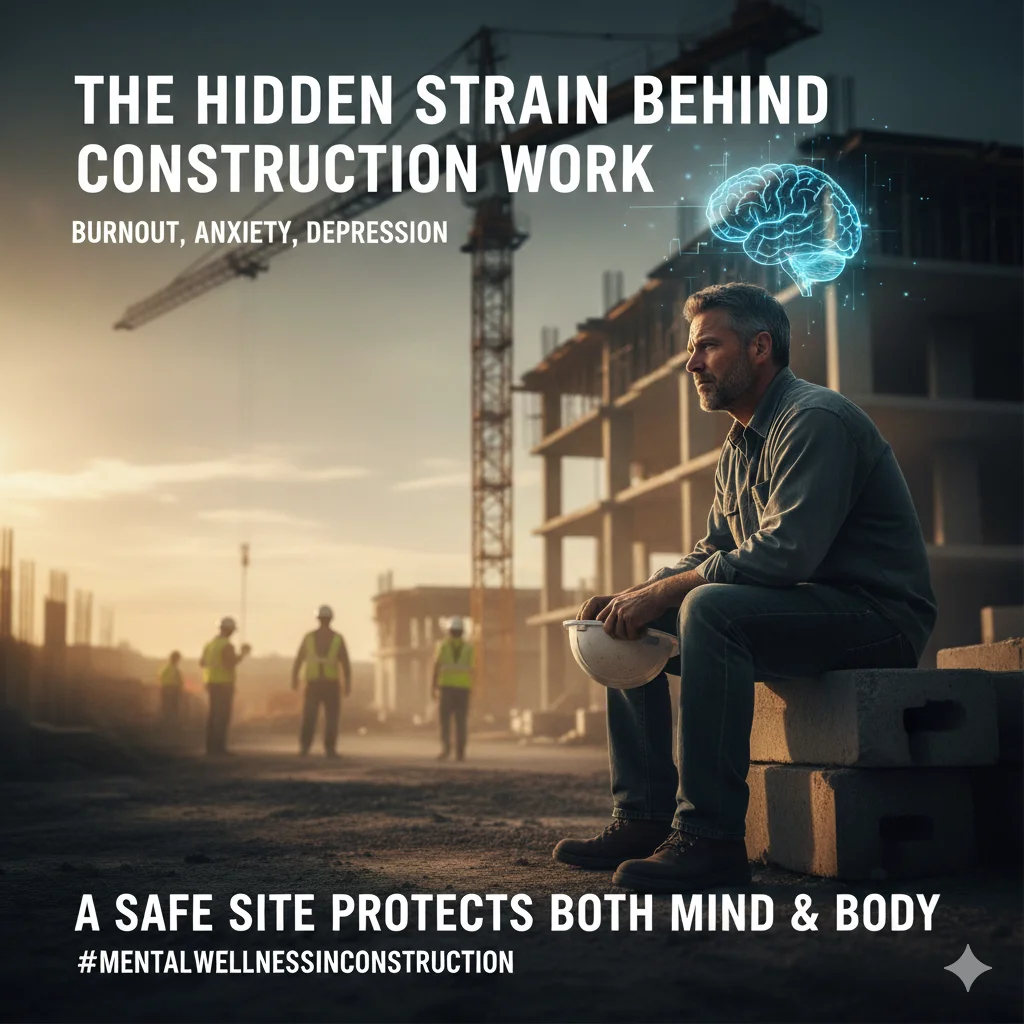
The Hidden Pressures on Construction Workers
Construction work demands long hours, physical strength, and focus under pressure. Meeting tight deadlines, managing unpredictable conditions, and handling complex tasks can quickly lead to mental and emotional strain. Over time, these challenges contribute to burnout, anxiety, and even depression.
Unfortunately, many workers still avoid discussing mental health. The culture of “toughing it out” prevents open conversations, leaving stress unchecked. This silence increases the risk of fatigue-related mistakes, accidents, and poor decision-making on the job. Recognizing and addressing construction workers’ mental health early is key to preventing serious consequences.
Spotting and Preventing Burnout
Burnout develops gradually, often showing subtle signs like irritability, exhaustion, lack of motivation, and loss of concentration. Supervisors and safety officers play a vital role in identifying these signs and creating a supportive environment. Encouraging workers to speak up, take breaks, and maintain a healthy work-life balance can make a real difference.
Companies can also implement wellness initiatives such as peer support programs, employee assistance plans, and mental health awareness training. By integrating these resources into safety programs, leaders demonstrate a genuine commitment to both physical and mental well-being.
Building a Culture of Mental Wellness
A strong safety culture includes mental wellness. When leadership prioritizes mental health in high-risk workplaces, employees feel valued, respected, and supported. Regular check-ins, open dialogue, and training on stress management help reduce stigma and build resilience across teams.
At eCertify, we believe true safety goes beyond hard hats and harnesses. Our online training programs combine compliance education with practical guidance on emotional health, helping workers strengthen focus, confidence, and awareness on every job site.
The Bottom Line
Addressing construction workers’ mental health improves safety, reduces turnover, and enhances productivity. When companies treat mental wellness as part of their safety strategy, everyone benefits. A mentally strong workforce is not only safer—it’s also more motivated, focused, and capable of performing at its best.

